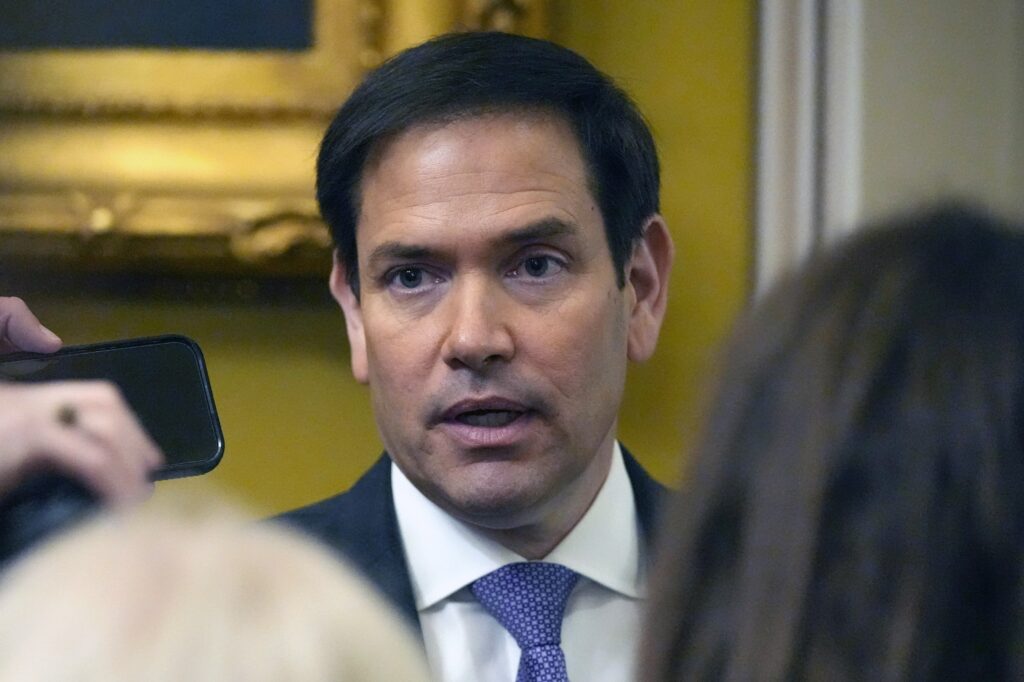Press must be accountable for false Gaza story that caused global violence.
Media Malpractice: The Danger of False Reporting
Tablet’s Armin Rosen, a renowned reporter covering Israel and the Middle East, expressed his frustration with the erroneous media coverage of a missile hitting a hospital in Gaza. He described it as the worst media fiasco he has ever witnessed, highlighting the seriousness of the misinformation, the credibility of the outlets involved, and the real-world consequences of their mistakes.
Last night was the worst media f-ckup I’ve ever seen. In terms of the range/seriousness of info gotten wrong, #/prestige/geographic diversity of outlets that f-cked up, overall credulousness, real-world impact, the lack of reflection/remorse etc. Scores a 10 in every category.
As someone who appreciates good journalism, I still receive a physical copy of The Wall Street Journal every day, despite my reservations about the paper. However, even the WSJ fell victim to biased reporting. Their headline claimed that a blast at a Gaza hospital had killed hundreds, relying on Hamas officials’ claims without proper verification. By the time the paper was delivered, it was clear that Hamas’ narrative was false.
The New York Times, on the other hand, had even more misleading headlines. Initially blaming Israel for the attack, they later changed their headline to “At Least 500 Dead in Strike on Gaza Hospital, Palestinians Say.” However, their own reporting contradicted these claims, revealing the lack of credibility in their coverage.
It’s disheartening that media organizations, including The New York Times, failed to anticipate the dishonesty of Hamas and perpetuated false information. This led to protests across the Middle East and North Africa, raising concerns about potential attacks on American embassies. The consequences of this media failure are far from over.
Rep. Rashida Tlaib, despite knowing the reports were debunked, tearfully cited the hospital attack at a pro-Palestinian rally. Later, protesters illegally stormed a House office building, destroying pro-Israel signs. The media’s biased reporting continues, with some outlets uncritically repeating Hamas propaganda.
This level of bias and misinformation cannot be tolerated. Just as major donors withdrew support from universities tolerating pro-terror protests, subscribers and advertisers should hold the media accountable for their biased reporting. It’s time for the media to learn from their mistakes and prioritize accurate and unbiased journalism.
How did the sheer number of tweets during the storm of misinformation contribute to the spread of false reporting?
P, and sheer #/volume of tweets that didn’t need to be sent. It was like a storm of misinformation that served no purpose other than to mislead people and inflame tensions.
Rosen’s frustration is just one example of the larger issue of media malpractice and the danger it poses to the public. In an era where information is readily accessible and disseminated at lightning speed, false reporting can have far-reaching implications.
False reporting refers to the spreading of inaccurate or misleading information by media outlets. It can take many forms, including misrepresentation of facts, selective reporting, sensationalism, and even outright fabrication. In an age where the competition for readership and viewership is fierce, some media outlets may succumb to the pressure to prioritize speed and views over accuracy and reliability.
The consequences of false reporting are severe and multifaceted. First and foremost, it undermines public trust in the media. A study conducted by Gallup in 2019 found that only 41% of Americans have a “great deal” or “quite a lot” of confidence in mass media. False reporting further erodes this trust, making it harder for the public to discern between reliable and unreliable sources of information.
False reporting also has the potential to cause real-world harm. In the case of the missile hitting a hospital in Gaza, the spread of misinformation not only misinformed the public, but it also fueled anger and hostility, potentially exacerbating an already volatile situation. False reporting can also have serious consequences in areas such as politics, economics, and public health. It can influence elections, cause economic downturns, and even put lives at risk.
The question then arises, who is responsible for ensuring accurate reporting? Ultimately, the responsibility falls on both the media outlets and the consumers of media. Media outlets have a duty to uphold journalistic standards and a responsibility to fact-check and verify information before publishing or broadcasting it. They should prioritize accuracy over speed and views. However, consumers also have a responsibility to be critical thinkers and to approach information with skepticism. Just as media outlets need to fact-check, consumers need to question and verify information before accepting it as truth.
In conclusion, media malpractice and false reporting are serious issues with far-reaching consequences. In a society driven by information, it is imperative for both media outlets and consumers to be vigilant and responsible. Media outlets must prioritize accuracy and reliability, while consumers must approach information with critical thinking and skepticism. Only through a concerted effort can we combat false reporting and ensure the integrity of our media landscape.
" Conservative News Daily does not always share or support the views and opinions expressed here; they are just those of the writer."





